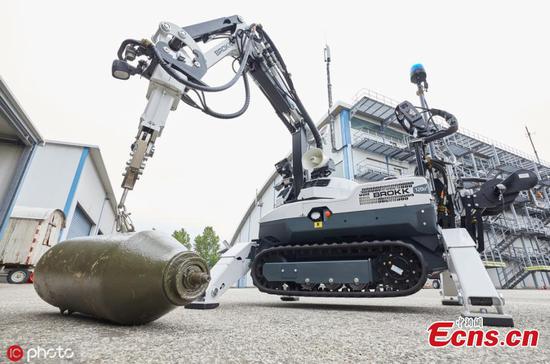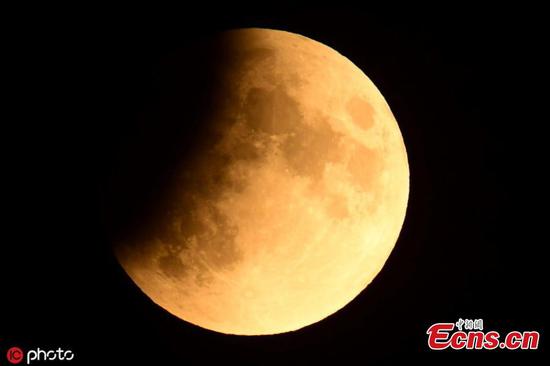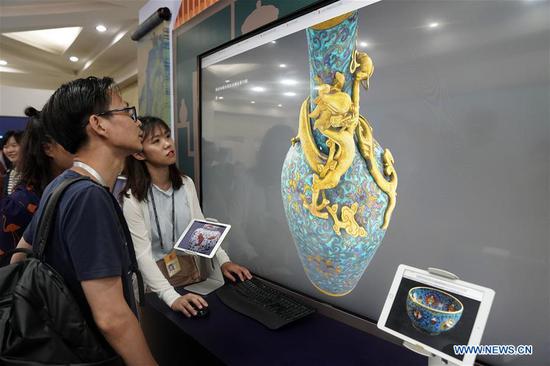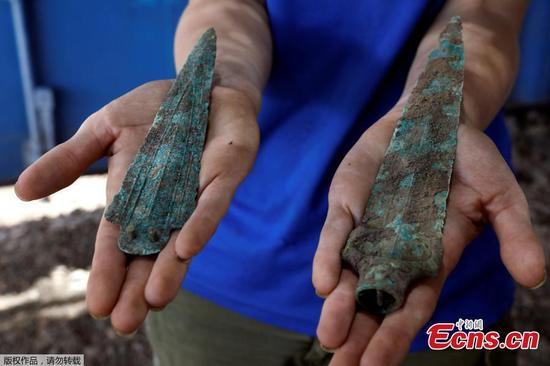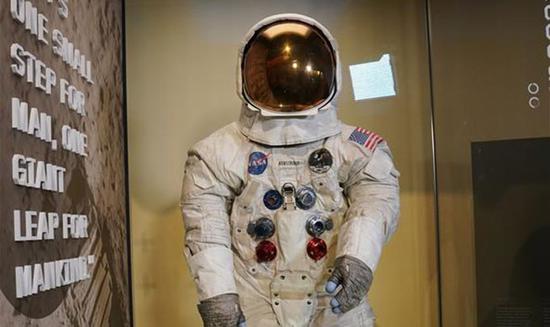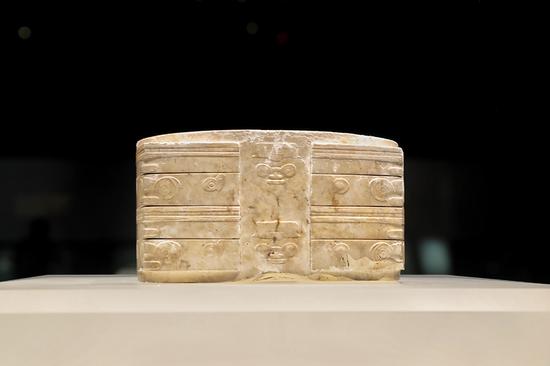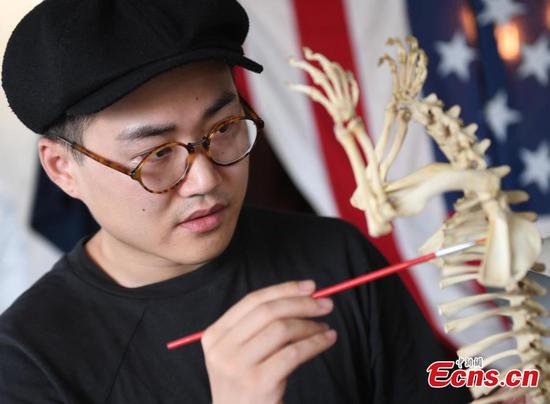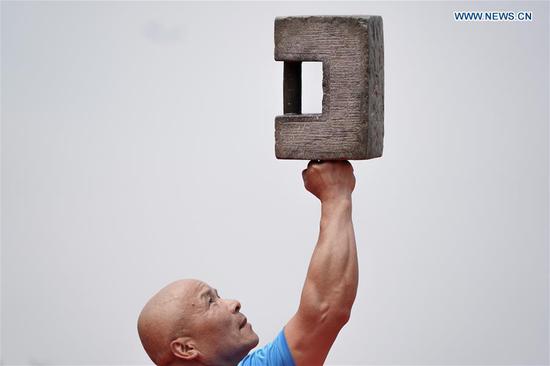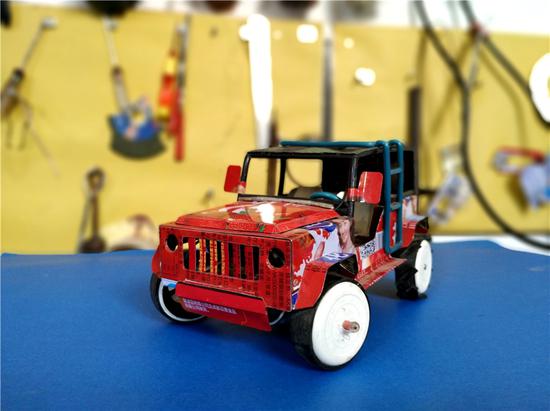Chinese researchers have developed a device that can harvest energy from its wearer's knee and generate 1.6 microwatts of power while the wearer walks at a normal speed without any increase in effort.
The study published in the latest edition of Applied Physics Letters described the device that can power gadgets like health monitoring equipment and GPS devices.
A group of researchers from the Chinese University of Hong Kong (CUHK) used a smart macro-fiber material, generating energy from any sort of bending to create a mechanism similar to the slider-crank used to drive a motor.
They attached the device to the knee since the knee joint has larger range of motion than most other human joints. Every time the knee flexes, the device bends and captures the biomechanical energy through the natural motion of the human knee, according to the study.
The prototype device weighs only 307 grams and was tested on human subjects walking at speeds from two to 6.5 kilometers per hour. It can be used by climbers and mountaineers.
The wearers' breathing patterns with and without the device indicated that the energy required to walk was unchanged, meaning that the device is generating power at no cost to the human.
"Self-powered equipment can enable users to get rid of the inconvenient daily charge," said Liao Wei-Hsin, professor of engineering at CUHK and the paper's corresponding author.
This energy harvester would promote the development of self-powered smart wearable devices, according to Liao.













